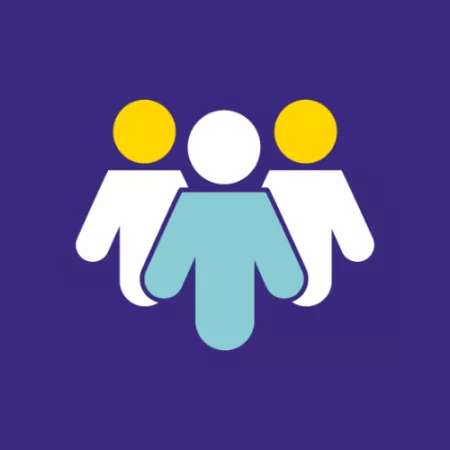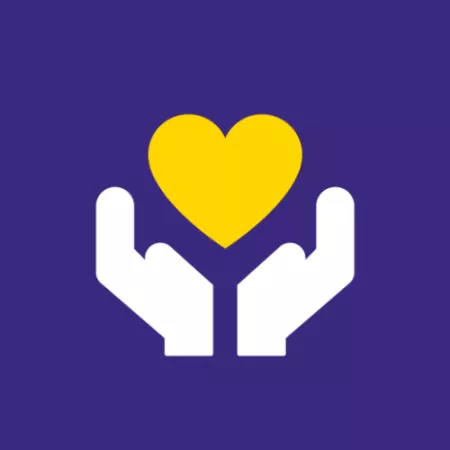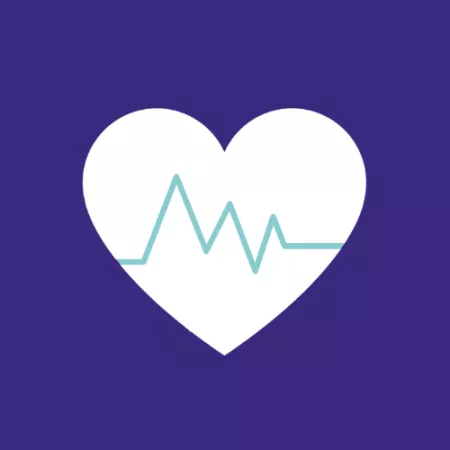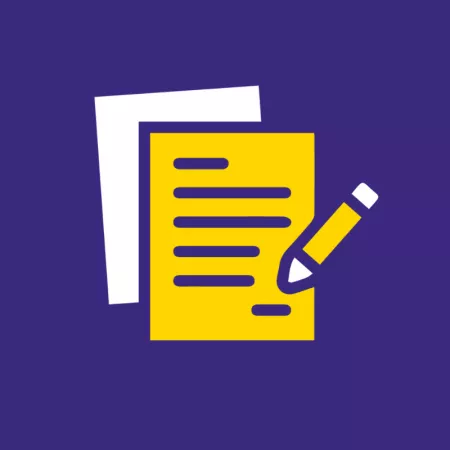Explaining a diagnosis of epilepsy, and what it will mean for your child, can seem daunting. This page provides clear, helpful guidance to help make it easier to explain to them, other family members and friends.
Be open, honest and positive
It can be difficult to explain to your child what epilepsy will mean for them, especially when you’re learning about it and coming to terms with it yourself.
But keep in mind, how you respond to your child’s epilepsy diagnosis can influence how they cope with their condition.
How much you talk about it will depend on your child’s age and how much they can understand.
Younger children are more likely to struggle with too many facts.
But it’s important to be open and honest with your child. Most children cope better when they understand what’s going on.
Keep explanations simple and be positive. Explain as much as you can about anti-seizure medication and tests for epilepsy.
It can help to explain that many children have epilepsy.
Help your child to accept their epilepsy and show them that, together, you can manage it.
Let them know it doesn’t mean they have to stop doing things they like.
If, for example, they enjoy physical activities and sports, encourage and support them to continue. That will help them not to feel different from other children.
Get them to ask questions
Encourage your child to ask questions and tell you how they feel. Are they anxious about not being in control, not knowing what’s going to happen or being ‘different’?
Reassure them there’s nothing to be frightened about and give the child time to take in all the information.
Below are some of the common questions your child may ask about their epilepsy:
- What caused the epilepsy?
- Did I do something wrong?
- Why does it happen?
- Will it go away?
- How long will I have to take the medicine?
- Can I still do things that my friends do?
Our Mental Health Wellbeing Space includes information, support, and young people’s stories and advice, covering important areas such as: anxiety, isolation, epilepsy and depression, self-worth and feeling overwhelmed.
Learn together
As you and your child learn about epilepsy together, you can both feel more confident about managing the condition and getting on with life.
Use this website to learn as much as you can about all aspects of epilepsy. Everything in the Parents and carers section is a great place to start.
But, you’ll also find lots of useful information – on seizures and diagnosis, epilepsy causes, syndromes and treatments, and more – in our About epilepsy section.
There are also many other good resources and story books that you can read through with your child, to help explain seizures.
Andy from CBeebies TV reads Super Sydney and his Amazing Pals!

Here are some more from the Young Epilepsy YouTube Channel:
Milkshake! TV presenter, Derek Moran reading The Abilities in Me Epilepsy
Brothers, sisters, family and friends
Your child’s brothers and sisters might also find it difficult and frightening when they witness a seizure.
They may feel isolated, anxious or helpless. With attention on one child because of their epilepsy, they may even feel jealous or resentful.
So, it’s good to explain things to them also. Encourage them to talk about how they feel and to ask questions.
Also, try encouraging your relatives and friends to learn about the subject. Use all the knowledge you’ve gained – from this website and elsewhere – and share it with them.
Explaining to your child’s friends about their epilepsy helps them feel more confident about spending time together.
Children, like adults, are more positive and keener to help if they understand what’s happening.







